
BrainWise | Brain Science for Healthy Living
@BrainWiseMedia
Welcome to BrainWise, a digital magazine that provides original content about neuropsychology, neuroscience, and brain and cognitive health
Happiness isn’t just contagious—it’s neurologically transferable. Supported by findings in the World Happiness Report, this insight reinforces the impact of relationships, generosity, and social connection on well-being. #SocialHealth #WorldHappinessReport brainwisemedia.com/where-does-hap…
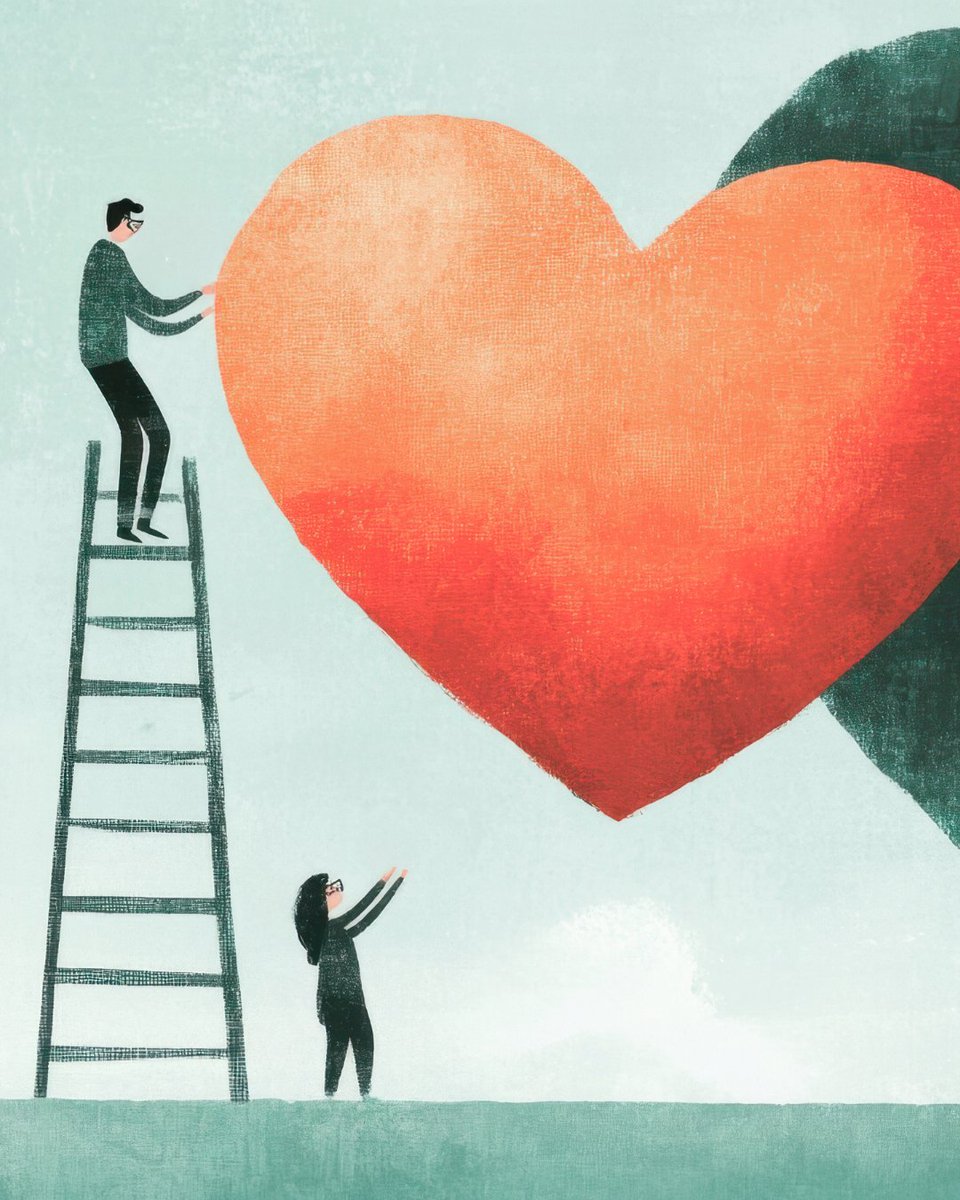
The structure of the household matters more than we think. Data shows that living with 4-5 others—especially in intergenerational or large family homes—report the highest levels of happiness. These insights offer powerful lessons in community design brainwisemedia.com/kindness-makes…
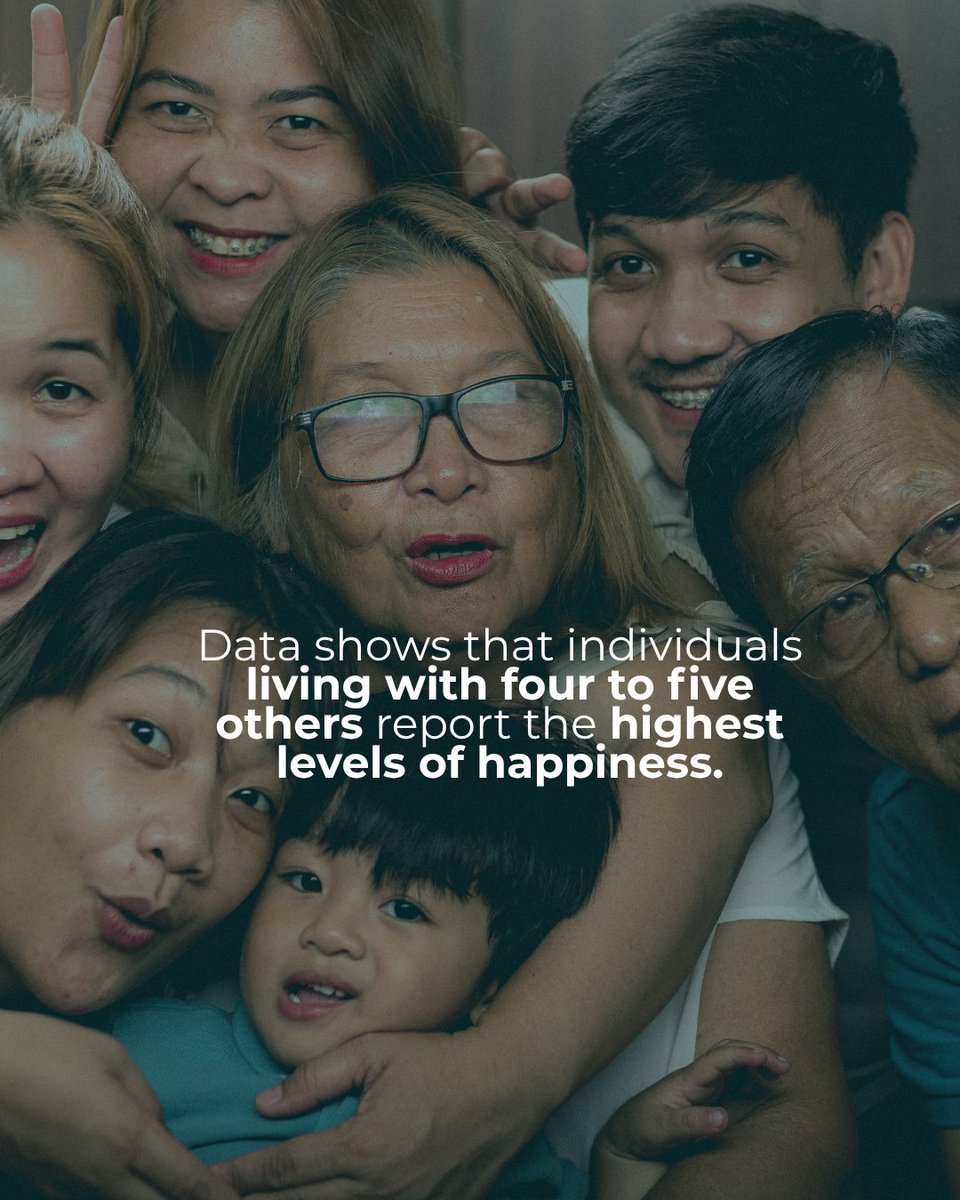
Forget the myth of a single “happiness center”—the reality is far more complex. While pop psychology seeks to pinpoint happiness, research shows that the brain processes joy, contentment, and well-being through distributed networks. brainwisemedia.com/where-does-hap…
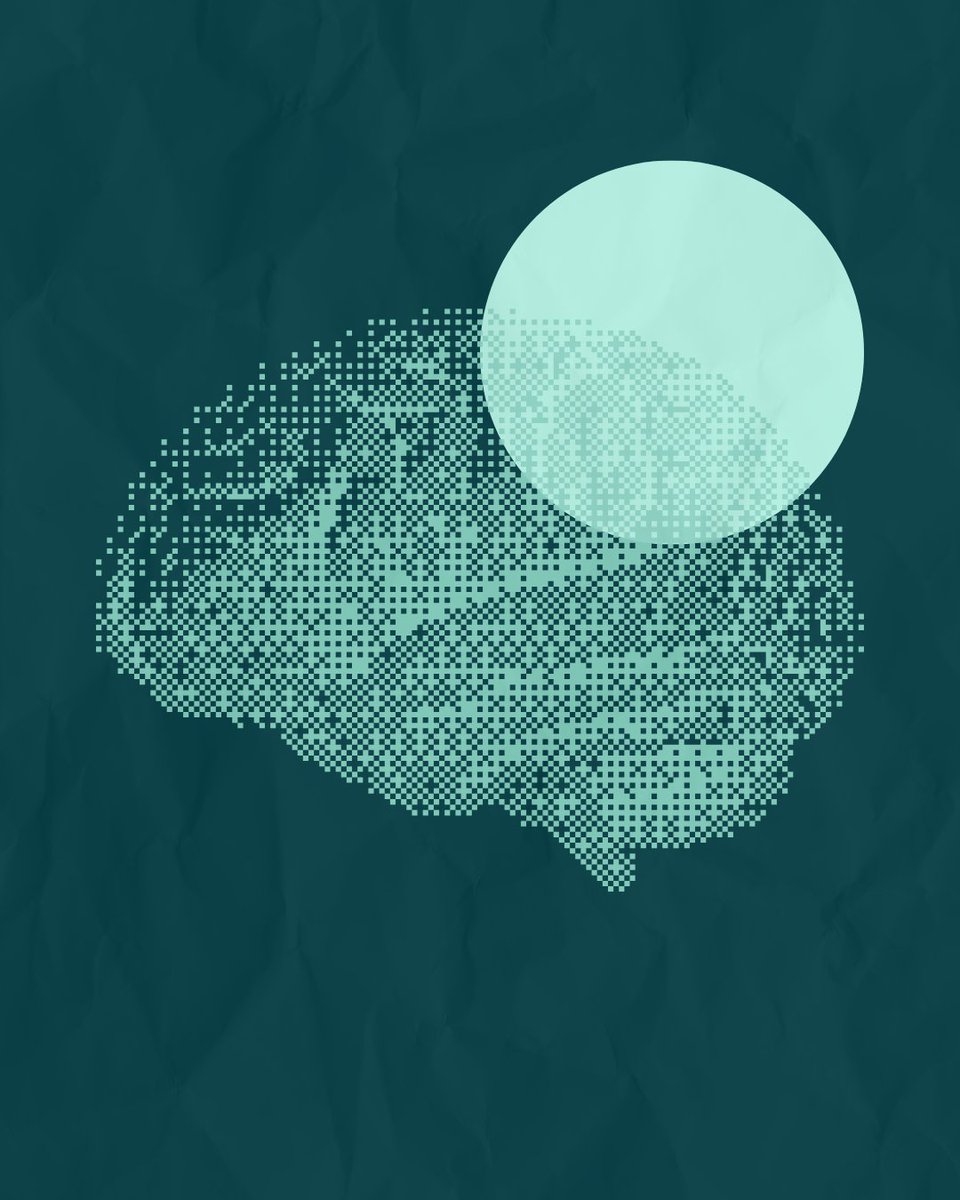
One of the most uplifting findings from the 2025 #WorldHappinessReport is that global acts of kindness remain 10% above pre-COVID levels. That sustained rise suggests a cultural shift in how we value generosity, social connection, and community care brainwisemedia.com/kindness-makes…
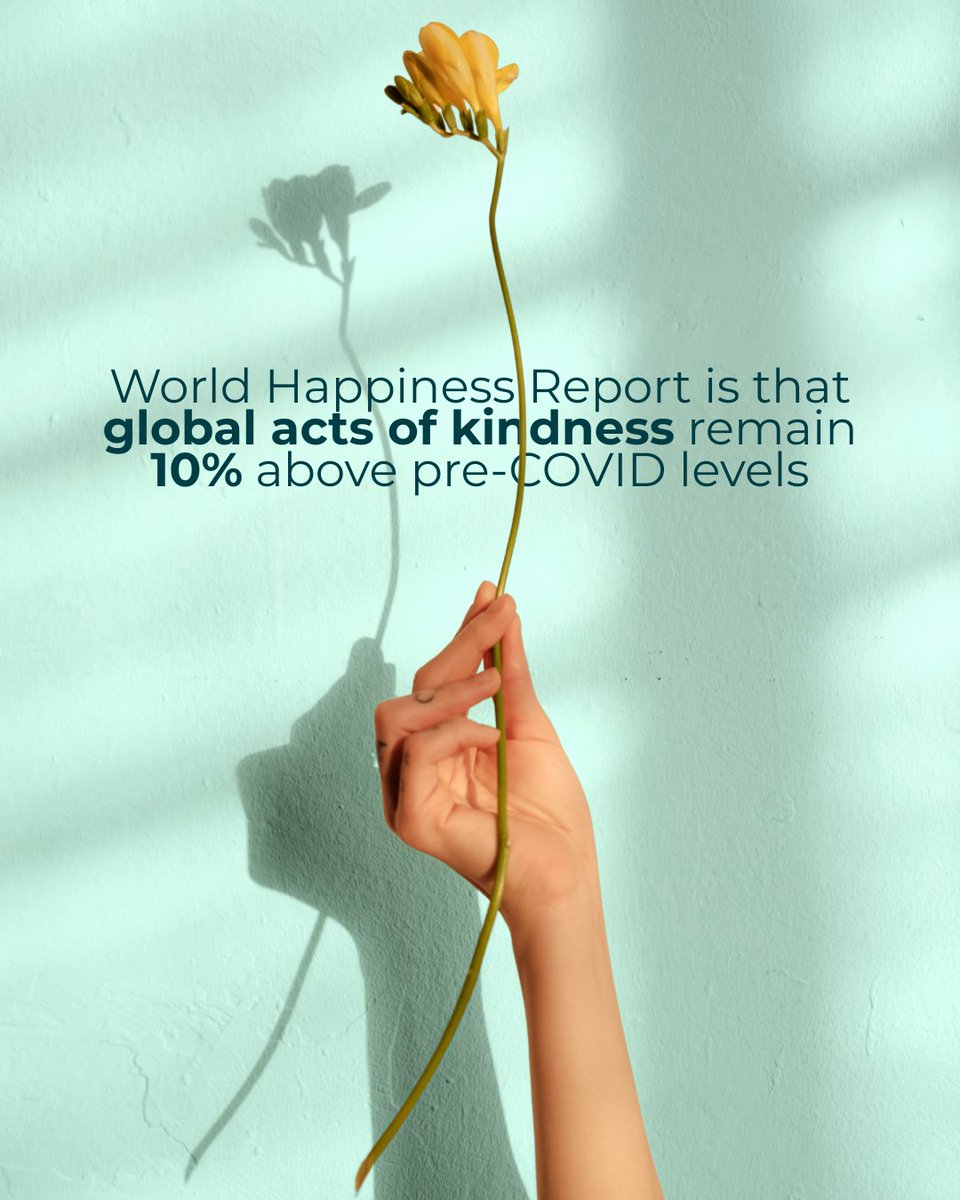
Volunteering could be a vital prescription for loneliness. Volunteering isn’t just about helping others—it creates meaningful social engagement & reduces feelings of isolation. Recommending volunteering could be a powerful and underutilized intervention. brainwisemedia.com/how-to-stop-th…
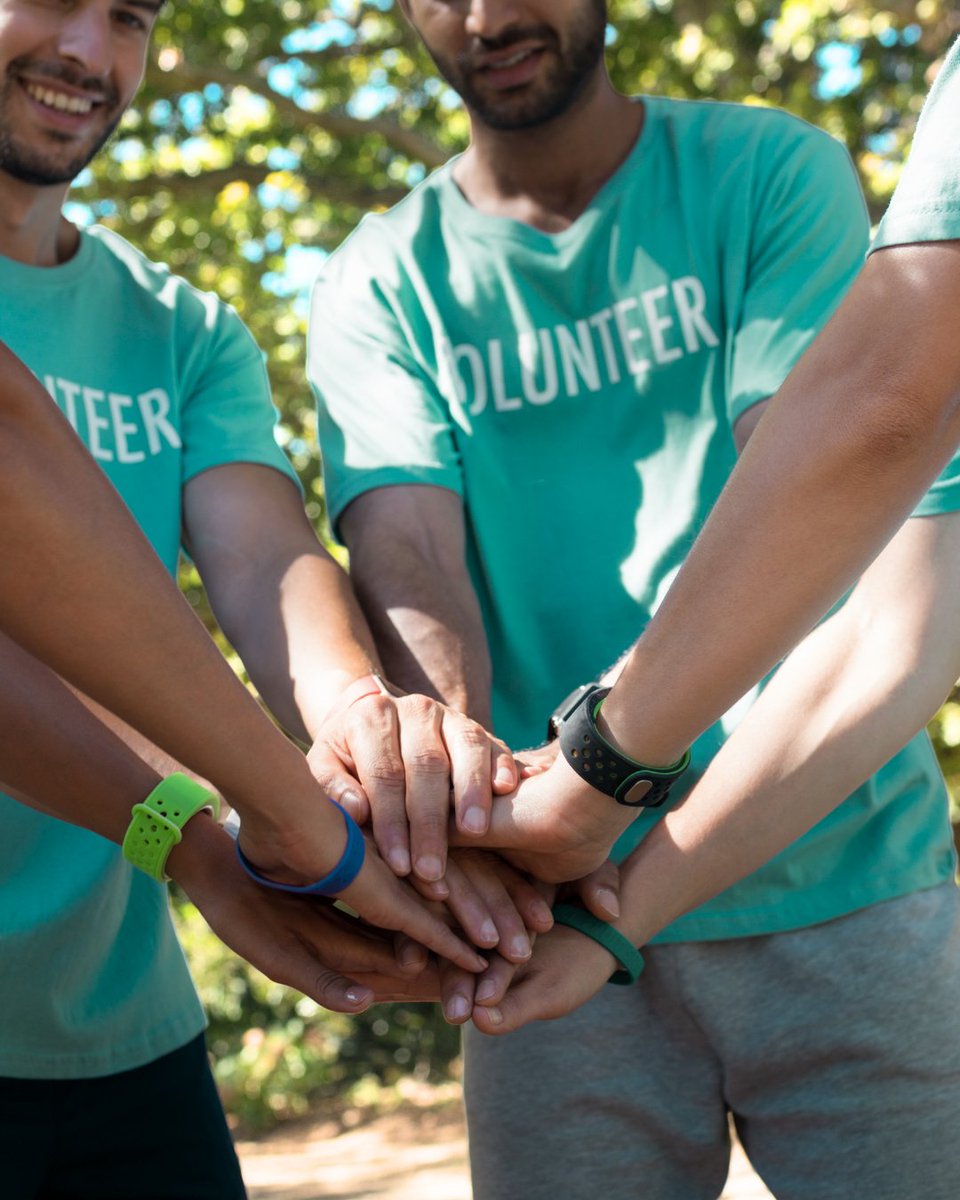
Populism & happiness are more closely linked than you might expect. The World Happiness Report highlights that populist movements often stem from national unhappiness. But the direction—left or right—depends on societal trust. brainwisemedia.com/kindness-makes…

What’s stronger—anxiety or happiness? Happiness and anxiety are neurologically intertwined through the constant interplay between excitatory and inhibitory neurons. When this delicate balance tips, it can influence mood, motivation, and well-being. brainwisemedia.com/where-does-hap…
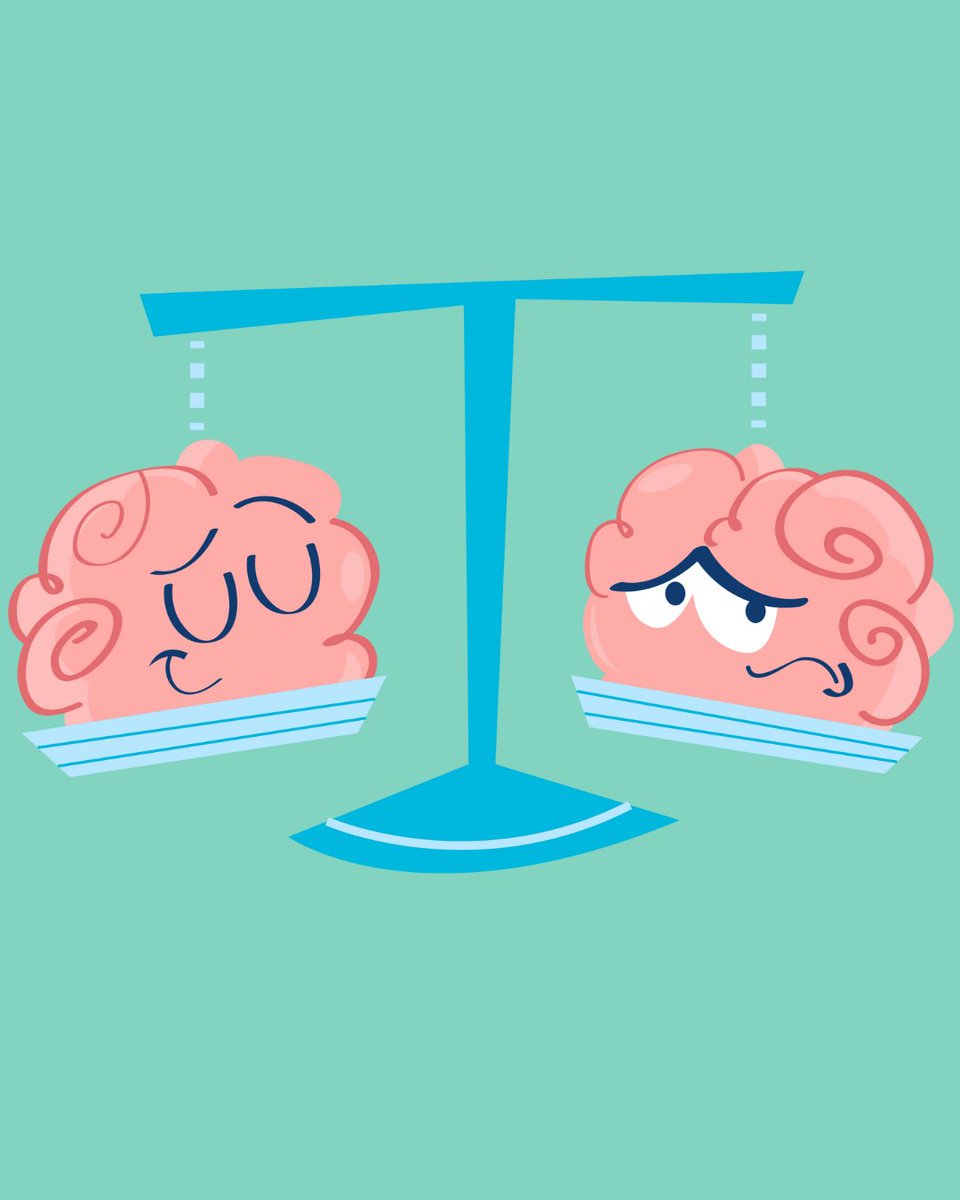
Can the brain’s architecture explain why we feel happy—or don’t? Dr. Eric Zillmer proposes a compelling idea: overlay the human brain onto Maslow’s hierarchy, and the alignment is uncanny. Read more on BrainWise: brainwisemedia.com/where-does-hap…
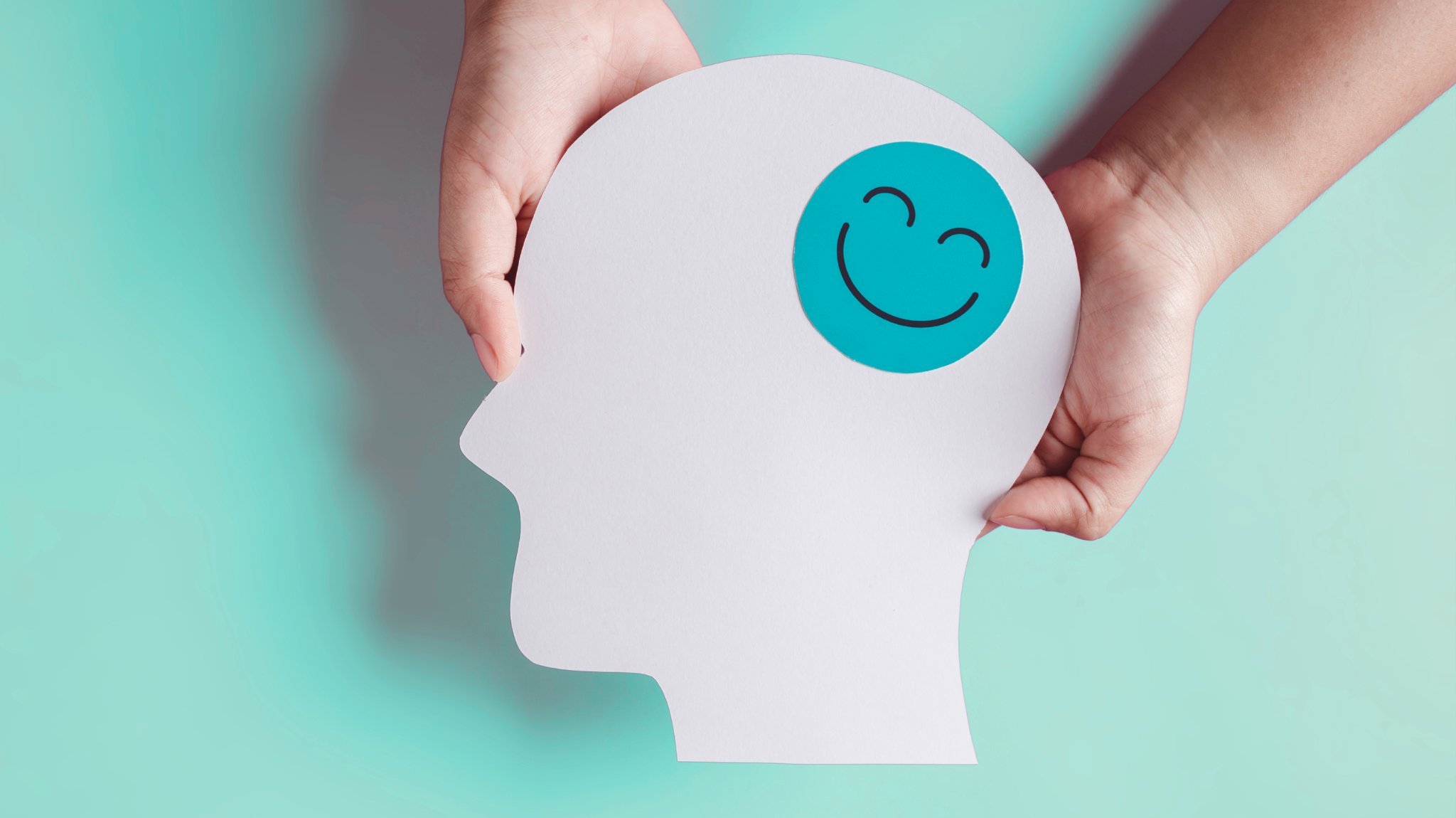
For individuals with TBI, happiness can become more elusive—but not unreachable. As highlighted in Anna Bryant Harris’s story, damage to the frontal lobe can reshape emotional processing and the pursuit of happiness. #TBIRecovery #Neurorehabilitation brainwisemedia.com/where-does-hap…
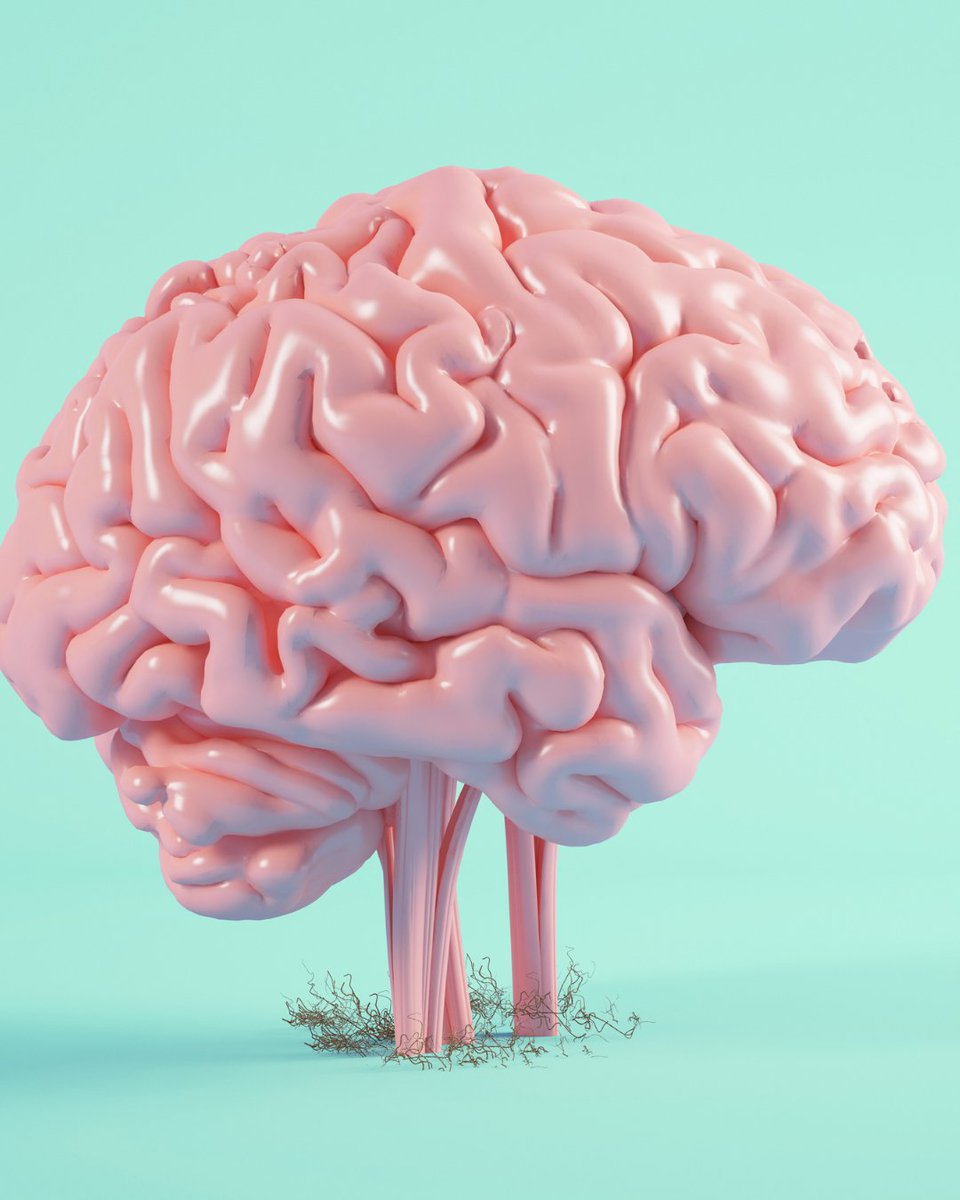
Kindness isn’t just good ethics—it’s good science. The 2025 World Happiness Report shows that benevolent societies are happier, especially among those who were initially least happy. #WorldHappinessReport brainwisemedia.com/kindness-makes…
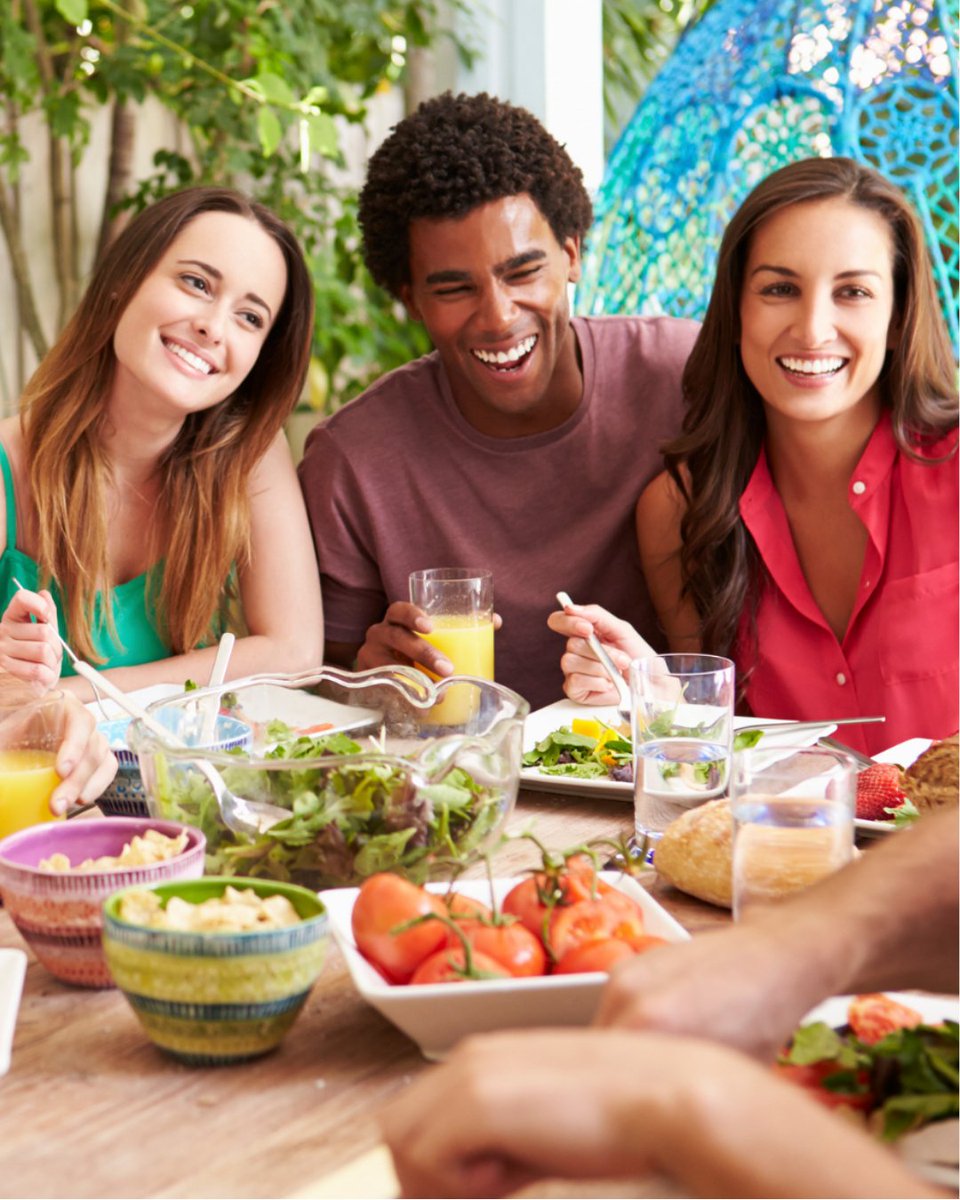
What if happiness isn’t in one place—but everywhere in the brain? According to neuropsychologist Eric Zillmer, PsyD, happiness is processed throughout the brain, from the brainstem to the prefrontal cortex. brainwisemedia.com/where-does-hap…
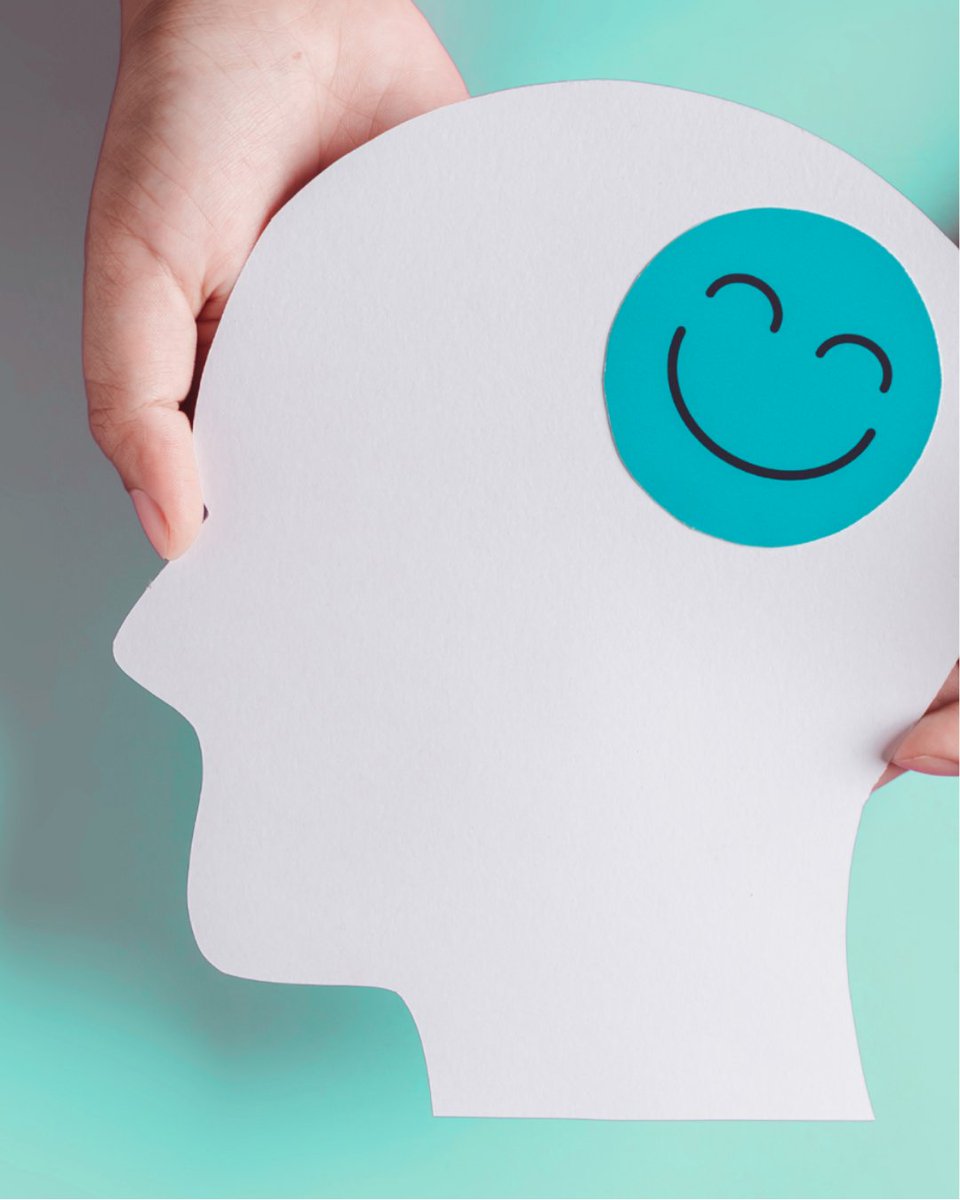
Loneliness isn’t just for older adults—college students are among the most at risk. According to research by Dr. Anna Finley, young adults—particularly college students—experience some of the highest spikes in loneliness. Read more on BrainWise: brainwisemedia.com/how-to-stop-th…

Old hobbies can spark new connections🎨 Encouraging people with Alzheimer’s to engage in familiar crafts like knitting, puzzles, or painting can trigger memories and boost mood. Tactile interaction with hobby tools may help preserve a sense of agency. brainwisemedia.com/6-ways-to-brin…
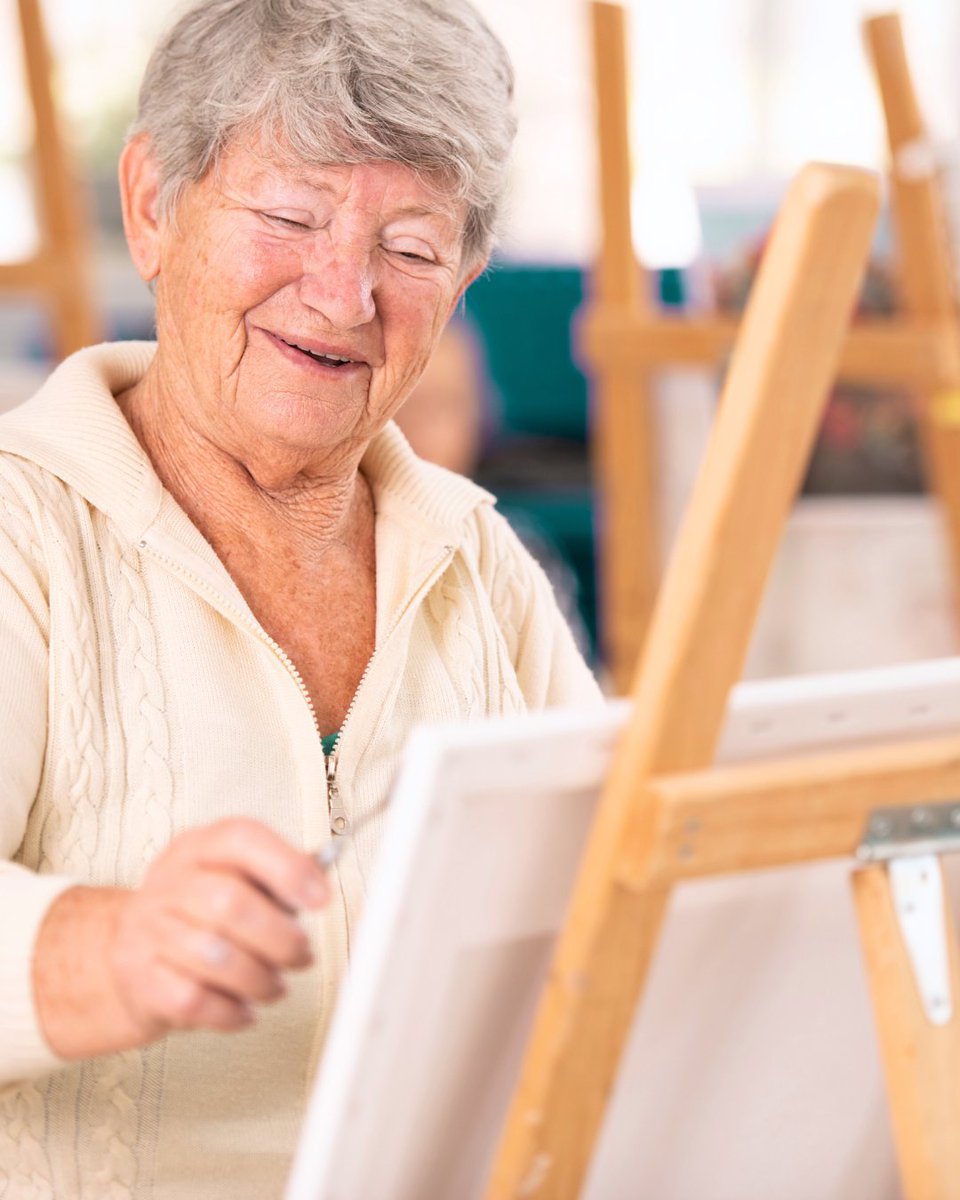
Play doesn’t end with childhood—and neither does its power to heal. Improvisational play, especially when active and collaborative, can foster joy, social engagement, and even cognitive stimulation in individuals with early-stage Alzheimer’s. brainwisemedia.com/6-ways-to-brin…
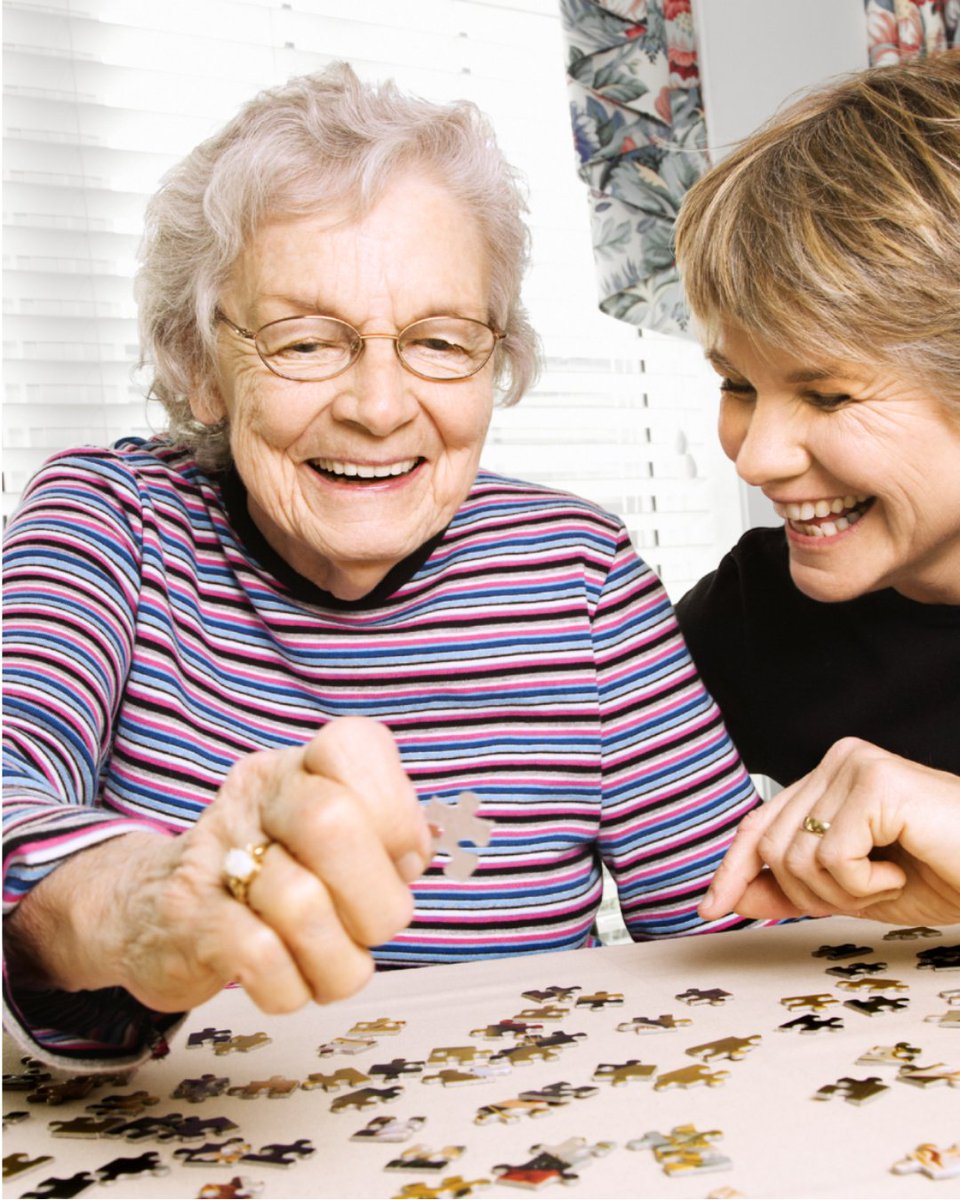
As urban sprawl and car-centric planning isolate Americans from social “third spaces,” researchers are calling for public health-informed infrastructure. It’s time for city planners, architects, and public health professionals to collaborate. brainwisemedia.com/how-to-stop-th…

Taste is memory🍱 Cultural foods can nourish more than the body. For individuals with Alzheimer’s, familiar flavors from childhood or cultural traditions can evoke meaningful memories and enhance emotional well-being. brainwisemedia.com/6-ways-to-brin…

The lonely brain tells a deeper story. Emerging research shows that loneliness is tied to structural and functional changes in the brain—especially in the amygdala, prefrontal cortex, and hippocampus. Read more on BrainWise: brainwisemedia.com/how-to-stop-th…
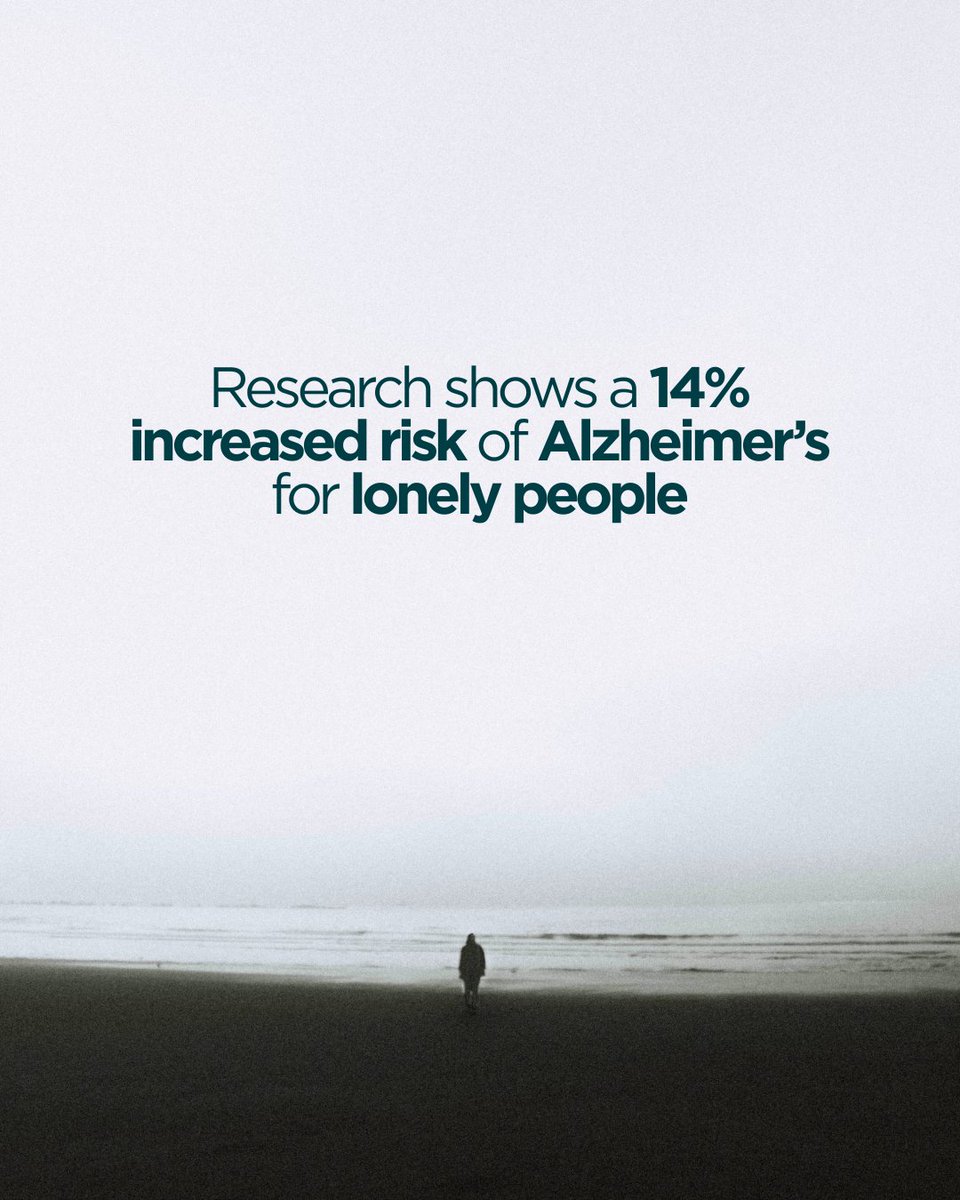
According to U.S. Surgeon General Dr. Vivek Murthy, the health effects of loneliness are equivalent to smoking 15 cigarettes a day. It’s linked to increased risk of dementia, depression, and even cardiovascular disease. brainwisemedia.com/how-to-stop-th…
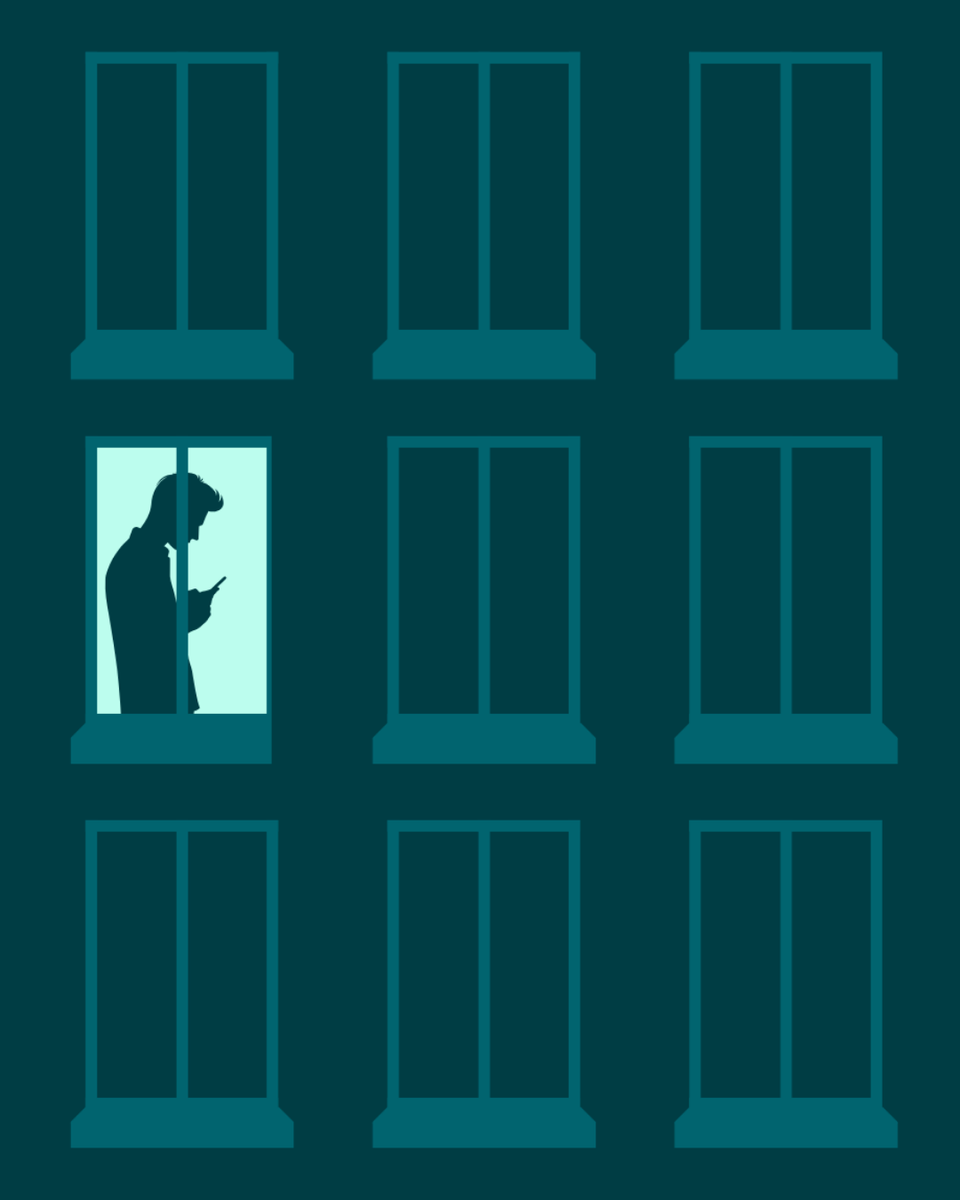
Music reaches memories that words can’t. Even in late-stage Alzheimer’s, music remains a powerful tool for emotional connection and cognitive stimulation. brainwisemedia.com/6-ways-to-brin…
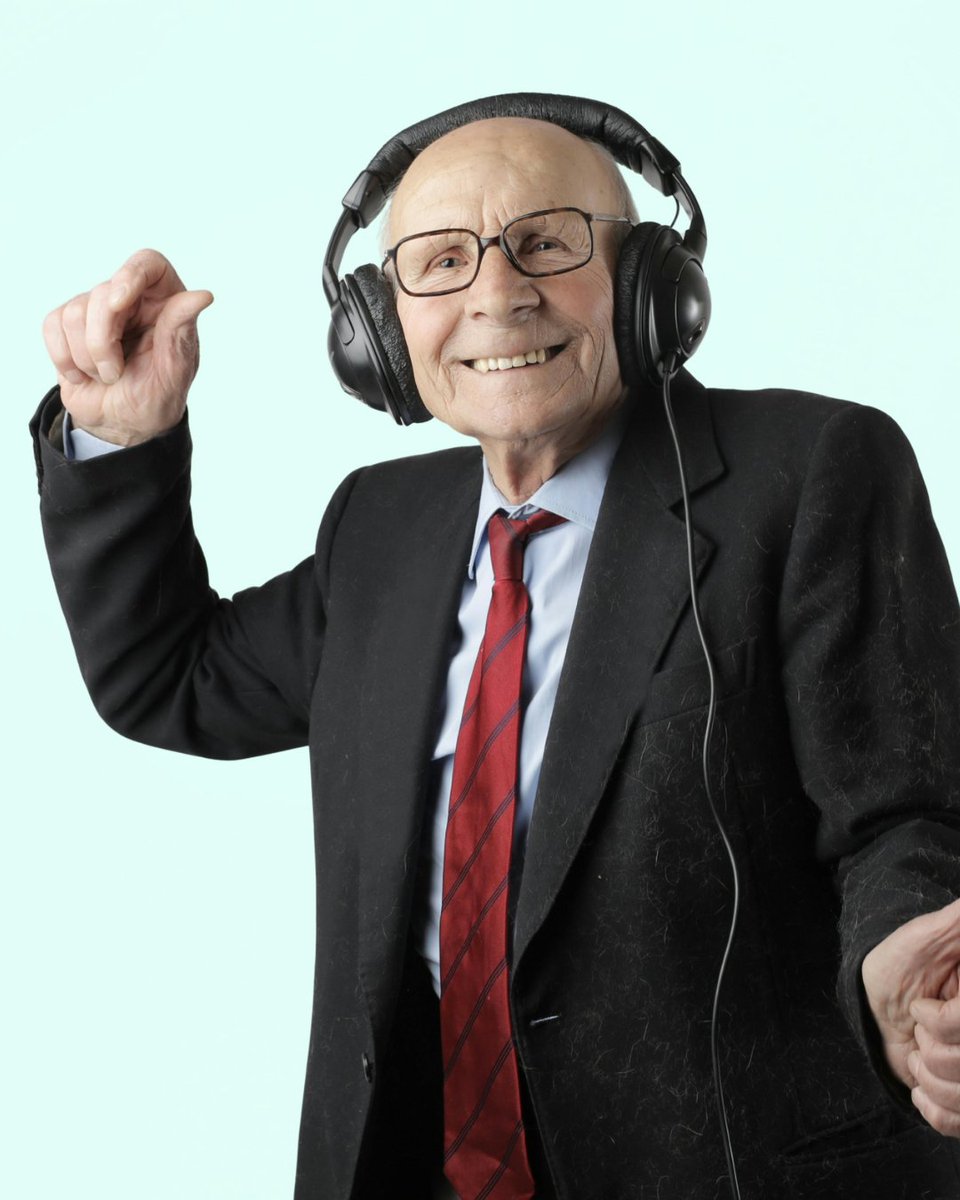
Can script training help people with aphasia speak more fluently? Script training is a technique used in aphasia therapy where patients practice and memorize specific phrases or scripts to improve their ability to engage in conversation. brainwisemedia.com/promising-trea…
